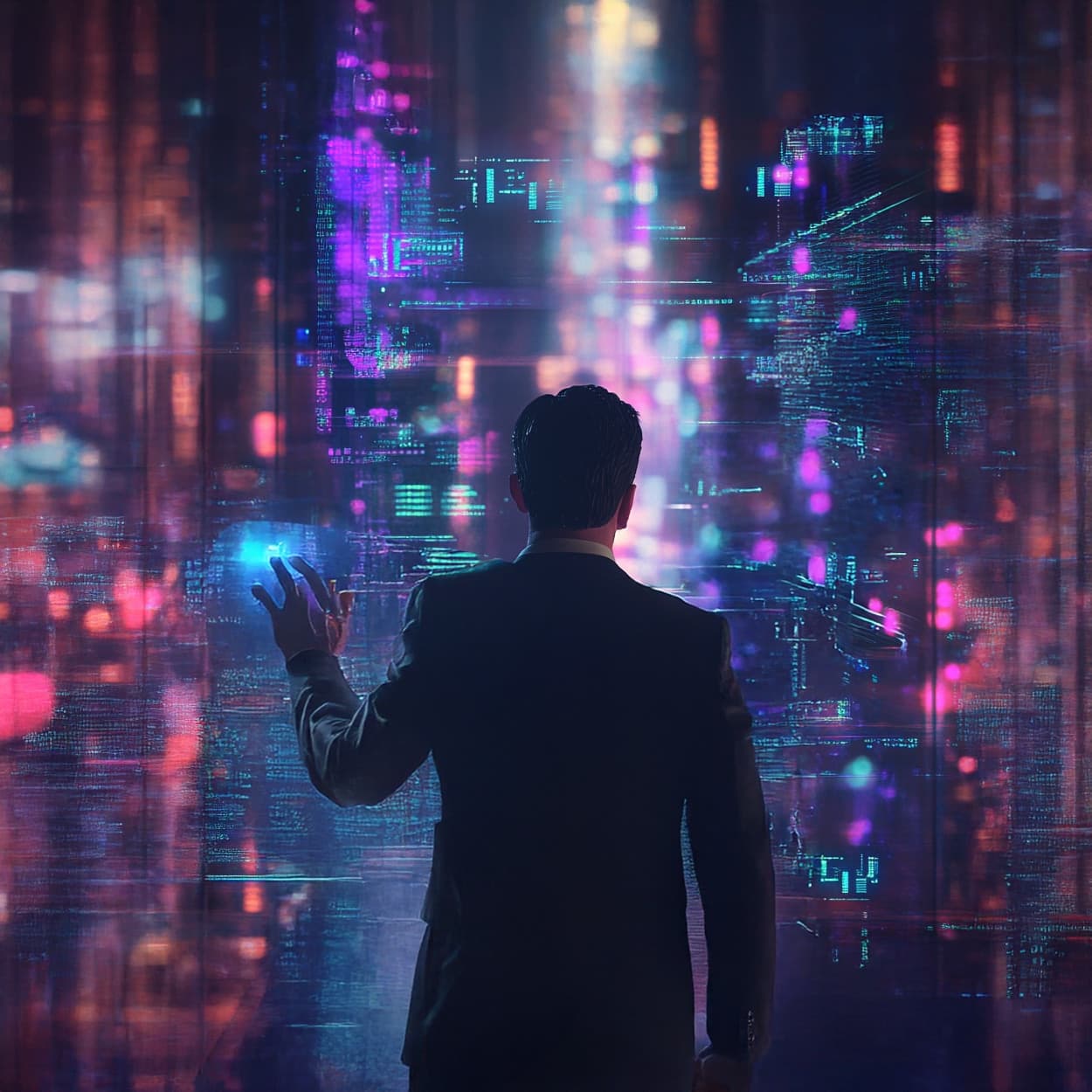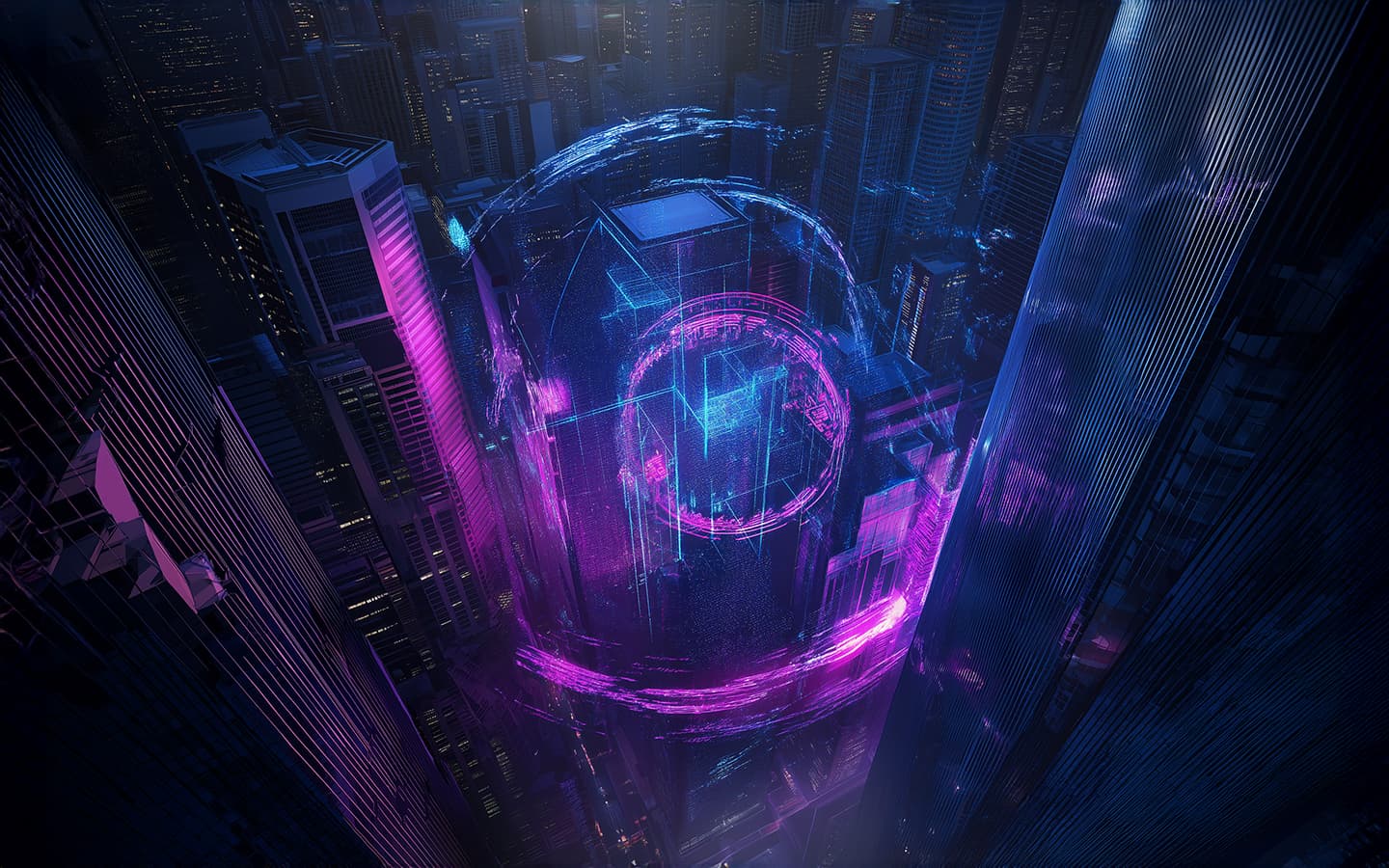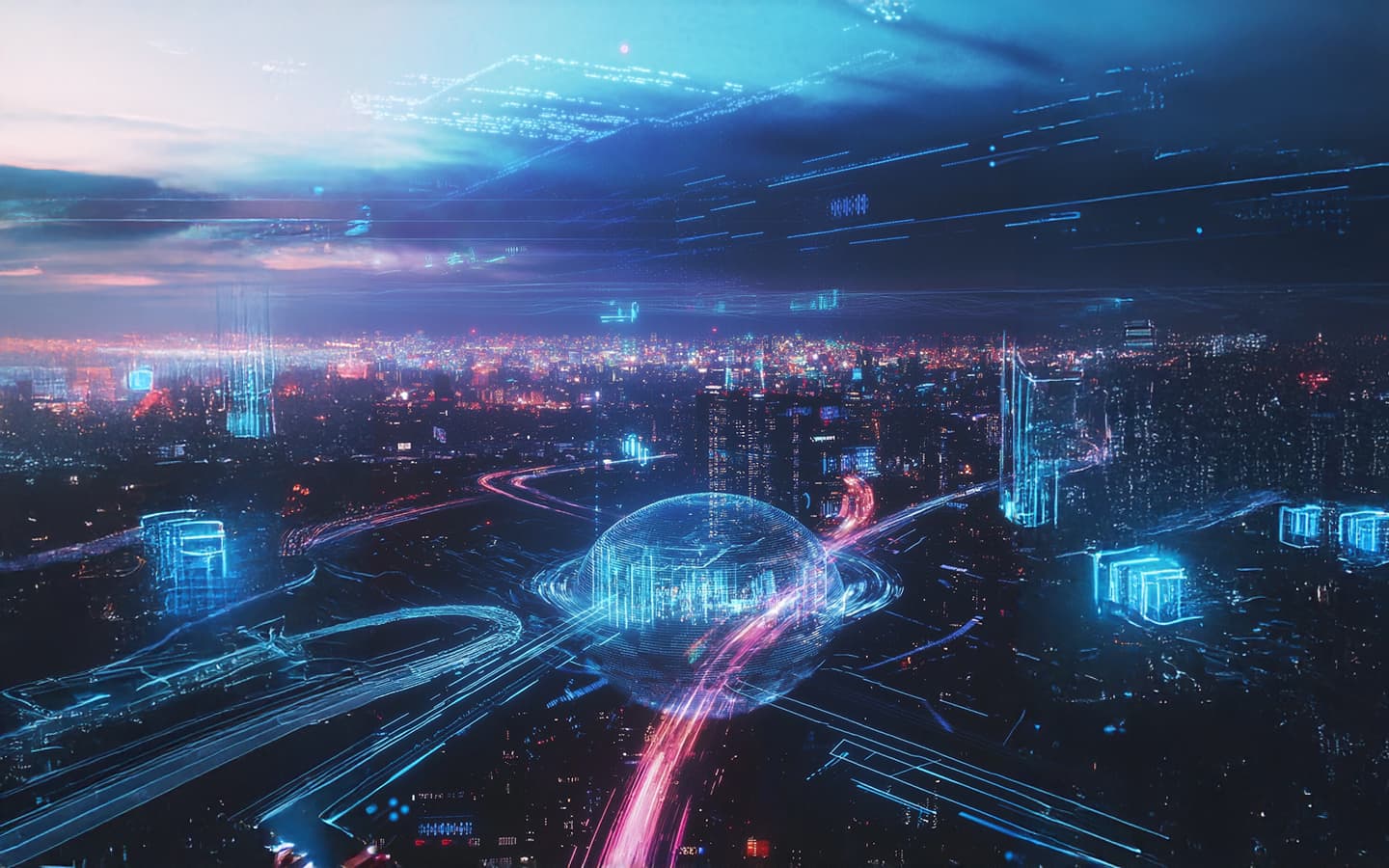Artículos e informes
Seminarios, podcast, artículos e informes de valor. Todo el contenido que necesitas para potenciar tus habilidades de innovación y tecnología.

Artículos e informes
Seminarios, podcast, artículos e informes de valor. Todo el contenido que necesitas para potenciar tus habilidades de innovación y tecnología.









